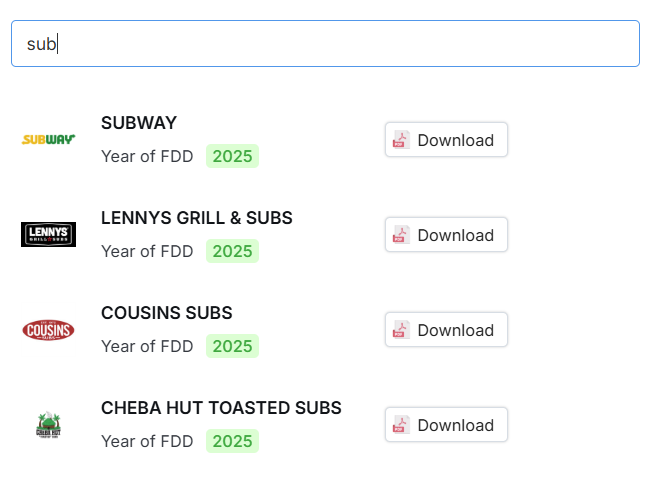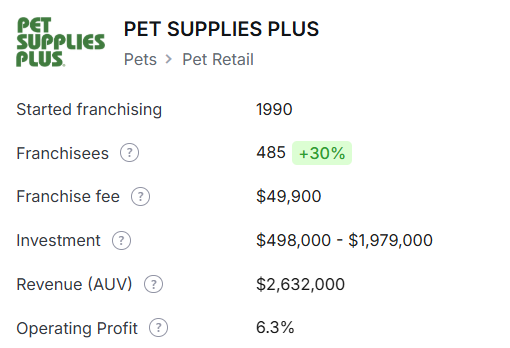
KEY FRANCHISE STATS
?
?
?
?
$0
Country Kitchen is a classic American restaurant franchise that has been serving hearty, homestyle meals for over 85 years. Founded in 1939 by Bill Johnson and Bill Goodman in Cincinnati, Ohio, the brand began as a humble hamburger stand offering five-cent burgers and ten-cent steak sandwiches.
By 1958, the founders began franchising the concept, expanding its reach across the United States. Today, Country Kitchen is headquartered in Madison, Wisconsin, and continues to uphold its tradition of warm hospitality and quality food.
The franchise offers a diverse menu that caters to all-day dining, including breakfast, lunch, and dinner options. Signature dishes feature the “Best Pancakes in Town,” hearty skillets, omelets, sandwiches, burgers, and savory dinners.
Country Kitchen’s commitment to comfort food and a welcoming atmosphere has made it a favorite among families and travelers alike.
Create a free account to access this table and more.
For more information see our plans here.
Country Kitchen offers 2 types of franchises:
We are summarizing below the main costs associated with opening a Standard Country Kitchen Franchise.
For more information on the various types of franchises and its costs, refer to the Franchise Disclosure Document (Item 7).
Below are some of
Country Kitchen Restaurants
key competitors in the
Breakfast
sector.

20
4% - 5%
$425,000
-
$1,685,000
$0
n.a.
$xxx,xxx
n.a.
n.a.
The franchise training provided by Country Kitchen International as the franchisor is comprehensive and structured to prepare franchisees both before and after launching their restaurant. Here are the training programs offered:
Country Kitchen does not provide exclusive or protected territories to its franchisees. The franchise agreement specifically states that the franchisee does not receive an exclusive territory and that the franchisor may establish other franchises or operate company-owned outlets near the franchisee's location.
This means that franchisees must be prepared to compete with other Country Kitchen locations that could be established nearby. Furthermore, Country Kitchen retains the right to offer and sell franchises to others at any location without geographical limitation.
This open-territory approach allows the franchisor flexibility in expanding its brand but may affect the individual franchisee’s market share. Therefore, prospective franchisees should assess the competitive risks associated with this territorial policy when evaluating the franchise opportunity.

?

?
?
?
?
?
?
?
?
?